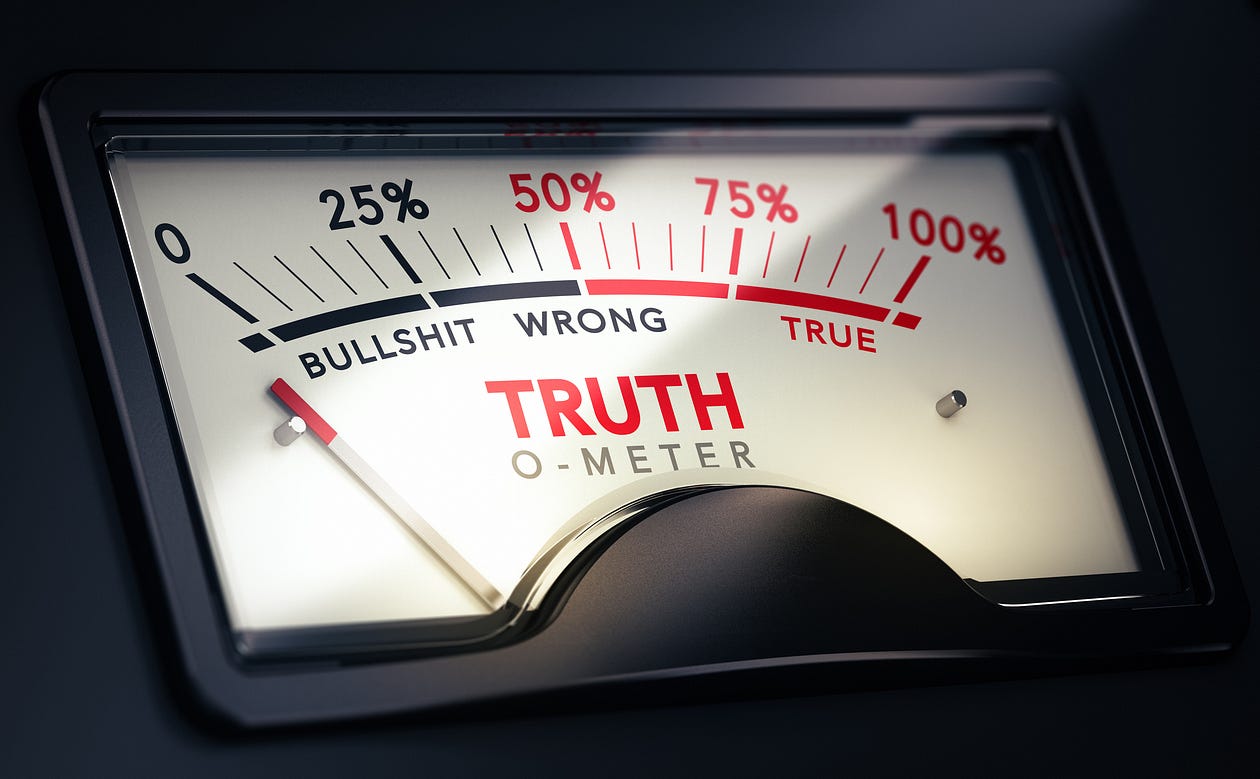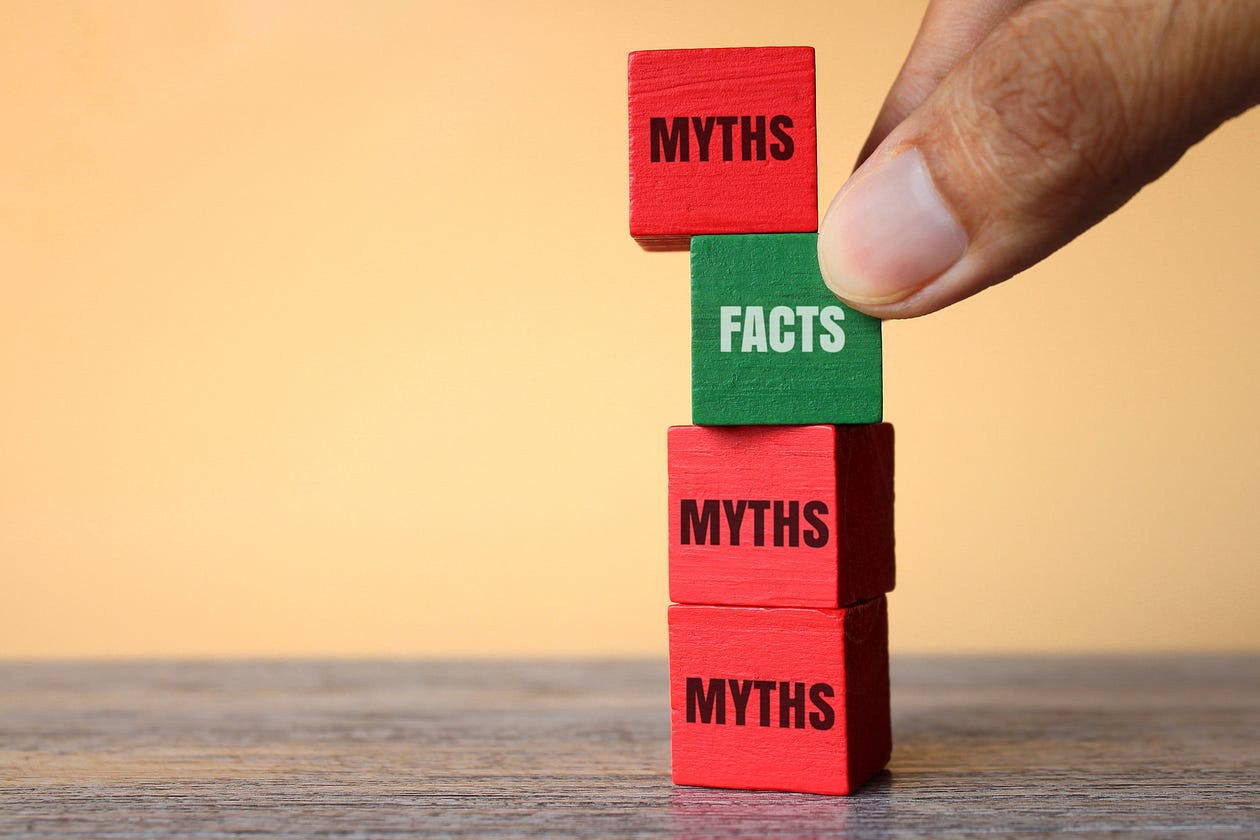By GREGORY MOORE
During presentations or when out with friends, I’m frequently asked how I combat misinformation and disinformation and to share my sources for news. I usually conflate my answer because guarding against manipulated or bad information is directly related to the sources you rely upon. I carefully curate where I get my news. And the barrier is high.

Those questions take on greater importance the more I read about generative artificial intelligence. One piece I read recently discussed how hackers had gotten a sophisticated AI tool to deliberately produce misinformation — sort of the way bad cops might badger a confession from an innocent person. Then another about the dangers of AI manipulation that played out in a hypothetical War-of-the-Worlds-type scenario that was chilling.
I am a big believer in learning as much as we can about AI and thinking deeply about how to collaborate with it — not just to do what we do easier, but to use our time for higher value purposes. But we also need to be more personally engaged in erecting safeguards against its misuse.
When I’m asked where I get my information, I take pride in noting I don’t get it from Facebook, Instagram, or any other social media feeds. I wouldn’t even know where to look for news on TikTok, which I find entertaining. But many people do rely on these platforms for information, so to each its own.
However, with so much misinformation and disinformation out there, I’m more deliberate about what I read and watch than ever before. There was a time when my mother told me not to believe everything I heard. Then that became don’t believe everything you read. Now you can’t even believe what you see with your own eyes on account of photoshopping and deep-fake video capabilities.
So, I have a few simple behaviors that serve me well in this media maelstrom.
- I follow publications that have a track record of trust with me personally, name brands that I have relied on for decades. I gradually add to that list. Joining the New York Times, Washington Post, Wall Street Journal, Boston Globe, Denver Post, Politico, Time, the Economist, NPR, Slate, the New Yorker, and the Atlantic — all tried and true — have been Vox, the Guardian, ProPublica and a handful of others that I’ve grown to trust more recently. Specialty verticals featuring content from experts have also gained my favor.
- I give trust to media columnists, commentators, and old friends who have been reliable. I often click on links and discover new writers and insights that don’t surface where I’m normally looking. I value their reading habits and analyses.
- One app that has been a refreshing source of news and information and a bridge to new providers is Flipboard. With a decade of experience using the app, what I like most is that it aggregates content for me based on my interests — which are vast — and curates the sources so very rarely does something pop up that is sketchy. It’s a great way to get introduced to new and reliable sources of information.
- I give high marks to articles that link to source documents so I can read them for myself. No links? You’re dead to me.
- Since I am in the news stream all day, if I come across something that I have not even had a hint of (which is entirely possible) or is too good to be true, I immediately go about trying to confirm it with sources of information that I trust. There has been more than one occasion where I could not find any other reporting on a particular story hours later. Red flag. I was grateful I had not shared it. And that outlet was then off my list.
- Finally, I never forward anything that comes to me over the transom — even from a friend or associate unless I read the whole thing. And I don’t share anything from an unfamiliar source unless I have verified it and examined the site for what else it has reported and how it’s stood up. If I think it’s questionable, I block it forever.
Because of all the noise in the news ecosystem, vetted information I can rely on is supreme. Rather than being passive about the news and information we consume, I advocate being more proactive and discerning. I accept there are some people who don’t care where their information comes from so long as it confirms their view of the world. That’s on them. But is it really that interesting or beneficial to read more and more of what you already know or believe?

For people who care about quality and expanding their thinking, I like to use this food analogy: We should be as careful about what we put into our brains as we are about what we put into our bodies. Sure, cookies and cakes are tasty but too much will lead to diabetes. Junk news is much like junk food.
That’s my recipe for surviving in this wild age of misinformation and disinformation. It isn’t foolproof, but I feel a lot better taking responsibility for what goes in my head and comes out of my mouth. So before you click, repost or forward that article to your network, ask yourself: Is it up to snuff?
